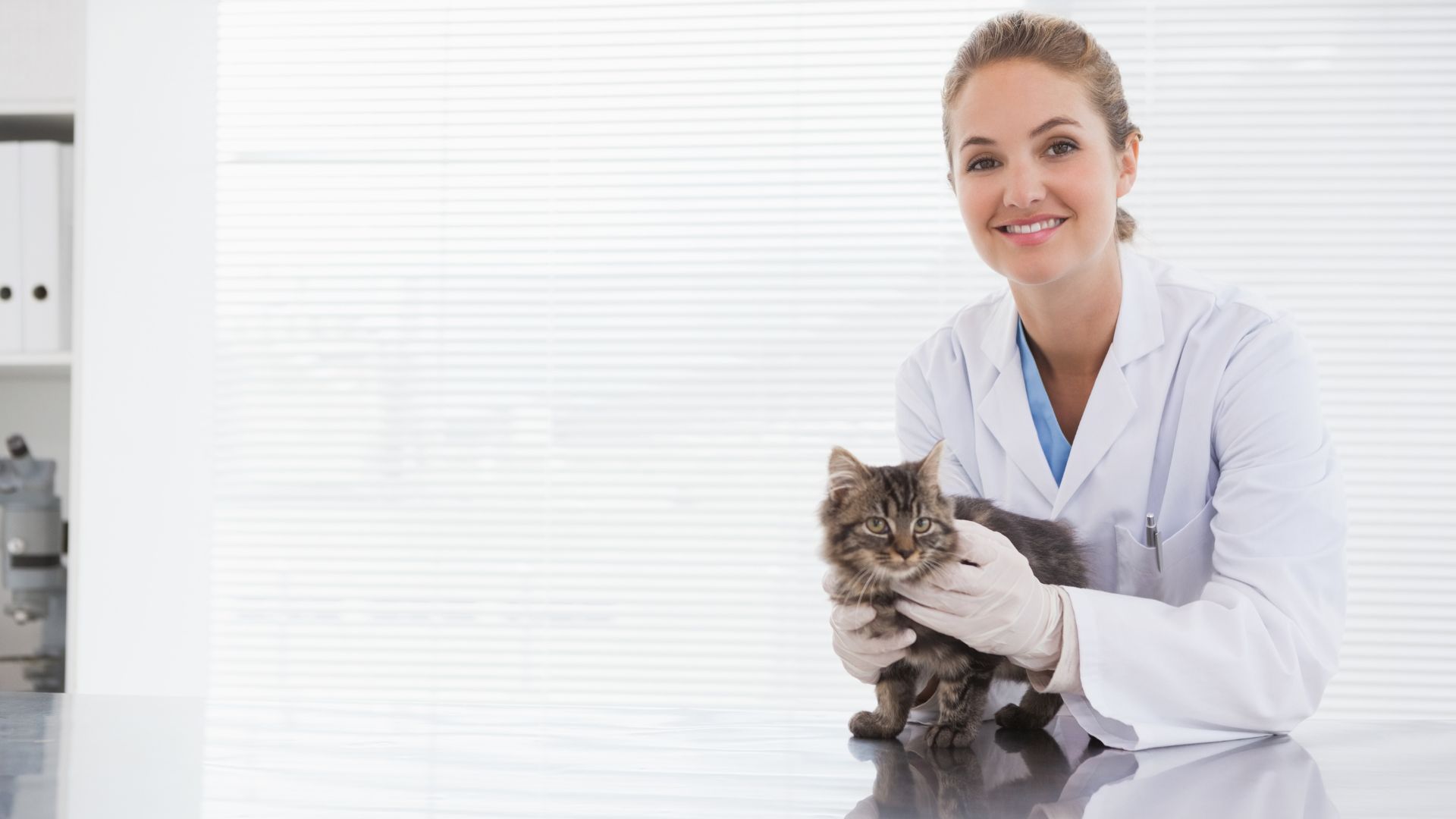It is crucial to prioritize the well-being of our feline companions, especially during the healing and rehabilitation process after declawing surgery. At New Market Animal Hospital, we have more than 35 years of experience, and our team has your furry friend’s best interest at heart.
In this blog post, we will explore ways to support cats in their recovery and help them adjust to their altered anatomy. Contact us today!
Post-Surgical Pain Management
Declawing surgery involves the removal of the last bone in a cat’s toe, a painful procedure that requires proper pain management. Our veterinarians may prescribe pain medication to alleviate discomfort and promote a smoother recovery. It is essential to strictly follow the prescribed dosage and monitor the cat for any signs of pain or complications.
Environmental Adaptations
Cats rely on their claws for various activities, including balance, grooming, and stretching. After declawing, they need time to adjust to their new reality. Modifying their environment can play a crucial role in their rehabilitation. Provide soft bedding, low-slip surfaces, and easy access to litter boxes to ensure comfort and stability during the healing process.
Alternative Scratching Options
Cats have an innate need to scratch, even without claws. To redirect their scratching behavior, offer alternative options such as scratching posts covered with sisal or carpeting. Encourage their use by sprinkling catnip or placing treats nearby. Positive reinforcement and patience are key to help cats develop new scratching habits.
Mental Stimulation and Enrichment
While cats recover from declawing surgery, it’s vital to provide mental stimulation and enrichment activities to prevent boredom and anxiety. Interactive toys, puzzle feeders, and vertical spaces like cat trees can engage their minds and keep them entertained. Regular playtime and social interaction also contribute to their overall well-being.
Supporting cats after declawing surgery requires a compassionate and proactive approach. Remember, each cat is unique, and their recovery may vary. Consult with our veterinarians at New Market Animal Hospital today for personalized advice and follow-up care.






